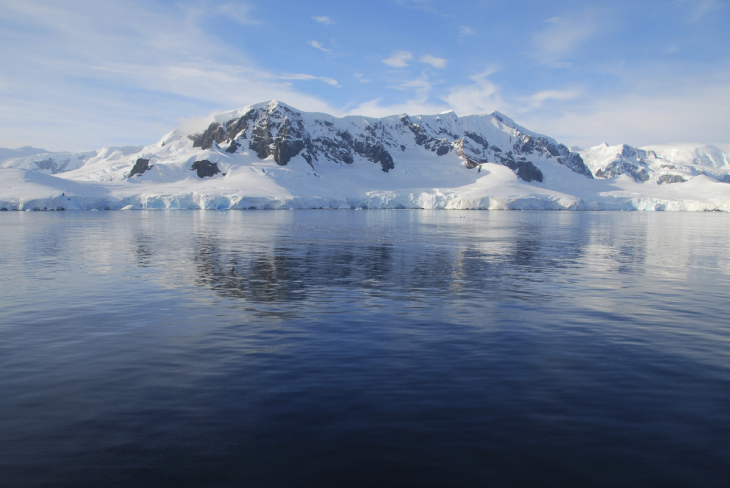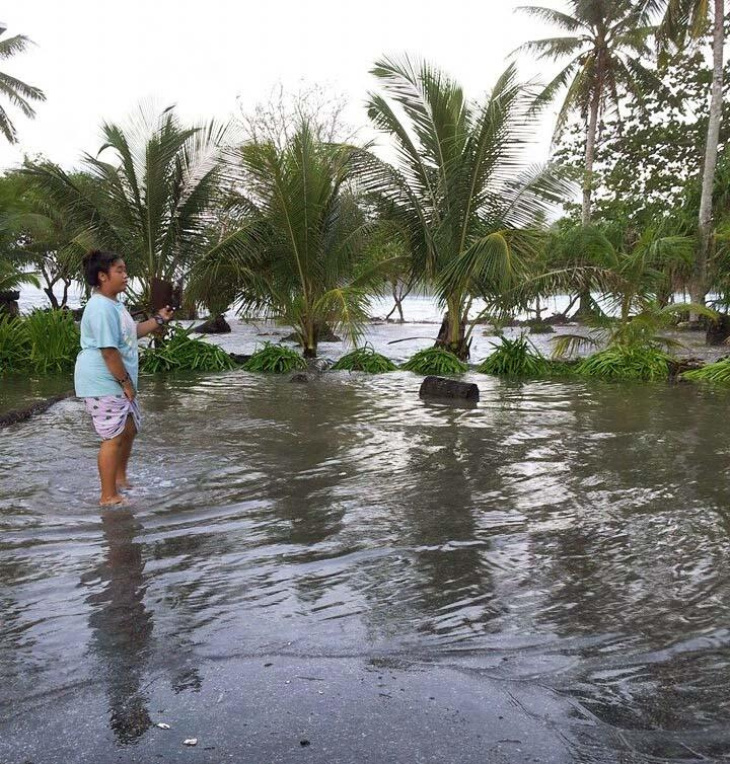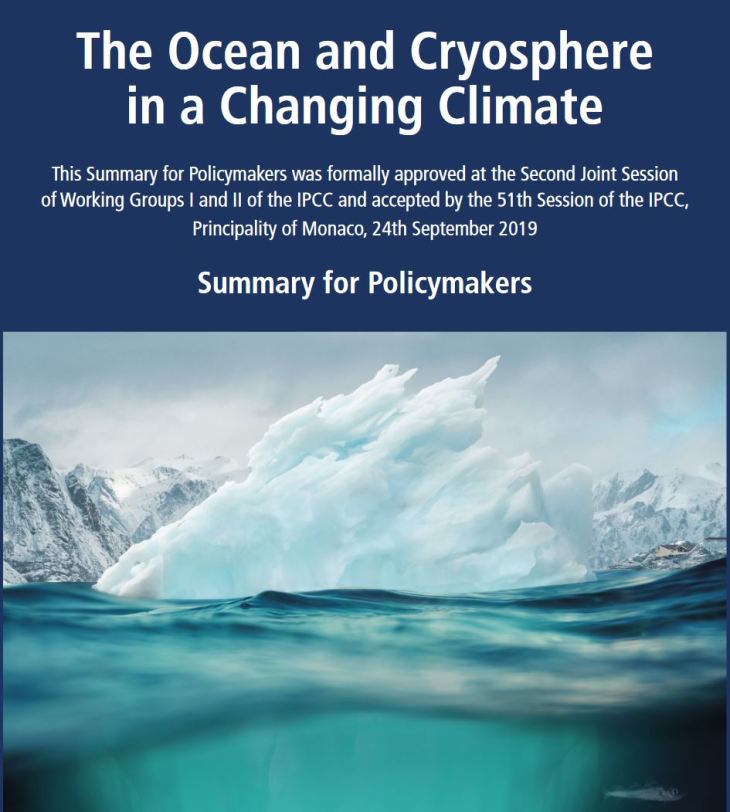Scientists from HZG contributed as Lead Authors
New IPCC report on Oceans and Cryosphere urges action on coastal adaptation

Die Eisdecken in der Antarktis verlieren immer schneller an Masse. [Foto: Istock/Fivepointsix]
The new special report from the Intergovernmental Panel on Climate Change (IPCC) is the first report where the interlinkages between oceans and the cryosphere – the frozen world of ice sheets, glaciers, snow and permafrost – are explored in depth. Prof. Dr. Beate Ratter and Dr. Laurens Bouwer from the Helmholtz-Zentrum Geesthacht (HZG) have contributed as Lead Authors to this special report, with their expertise on coastal risks and adaptation to extreme events.
The goal of the report “The Ocean and Cryosphere in a Changing Climate” (SROCC) is to highlight the consequences of observed and future changes in the oceans and cryosphere for ecosystems and humans when the planet is warming further, and what can be done to avoid or reduce these risks.
Sea-level rise

Überschwemmung und Versalzung: Küstenanpassungen sind notwendig, um Risiken zu minimieren. [Foto: UN/Ocha]
The report shows that sea-level rise is expected to increase more rapidly due to the fact that the ice sheets on Antarctica and Greenland are increasingly rapidly losing their mass. The contribution to sea-level rise from these ice sheets is already exceeding the effect of thermal expansion, which was dominant previously. The report documents higher levels of future global average sea-level compared to previous IPCC reports, which is up to 1.10 m in 2100 under a high emission scenario. The rate of sea-level rise could be as high as 15 millimetres per year by 2100, and could exceed several centimetres per year thereafter.
Accelerating sea level rise underlines the need to better plan and implement coastal adaptation to reduce risks of coastal flooding, salt-water intrusion and erosion. The report documents mounting evidence that adaptation by better protection, forecasting, and early warning during extreme events is beneficial, and has actually helped to reduce impacts and losses.
Slower rates of climate change provide greater opportunities for adapting

However, with rapidly rising sea-levels, some vulnerable communities are expected to face adaptation limits well before the end of this century, even under a low emission pathway. Therefore, the report argues that better collaboration between organisations to circumvent such limits as well as improving current limitations in capacities to adapt, such as financial, technical and institutional is crucial.
In addition, transformational changes are probably needed in many locations. This includes alternative protection options, expansion of the coast to better protect cities, however, in smaller communities and in rural areas and lower income countries also retreat from the coast may become necessary. Better understanding these limits and providing options and support for transformation requires considerable research and experimentation.
The report also shows that slower rates of climate change provide greater opportunities for adapting. This means that greater efforts to reduce emissions will result in less risks and better possibilities for many coastal communities to adapt.
Summary for Policymakers (7,0 MB)
Contact:
Phone: +49 (0)40-42838-5225 /+49 (0)4152 87 1527 (Geesthacht)
E-mail contactInstitute of Geography, University of Hamburg and Institute for Coastal Research, Helmholtz-Zentrum Geesthacht
Climate Service Center Germany (GERICS)
Phone: . +49 (0)40-226338-447
E-mail contactHelmholtz-Zentrum Geesthacht
Helmholtz-Zentrum Geesthacht
